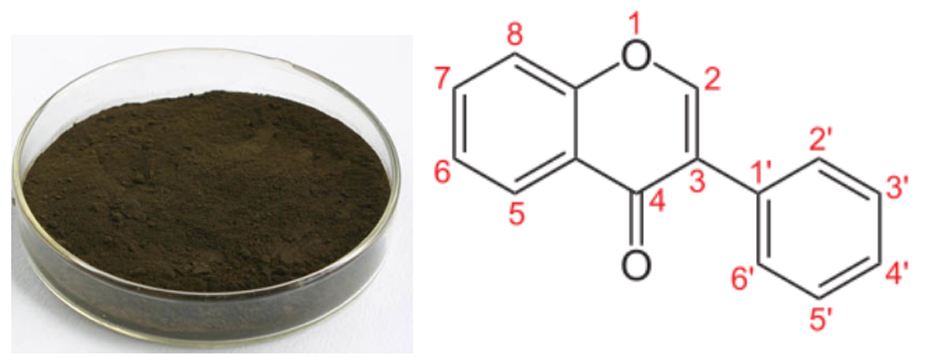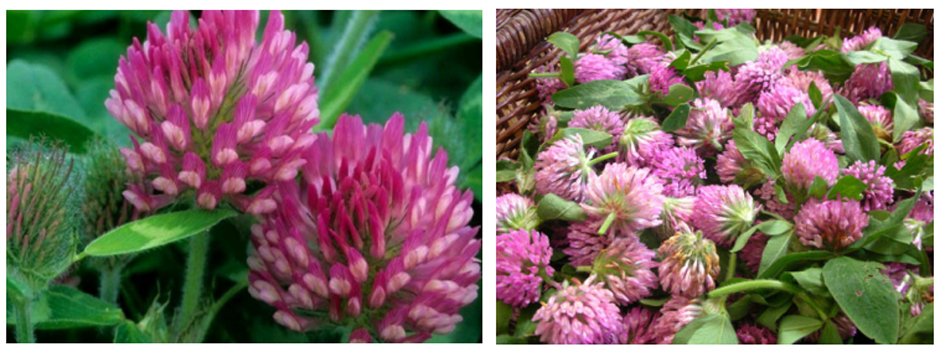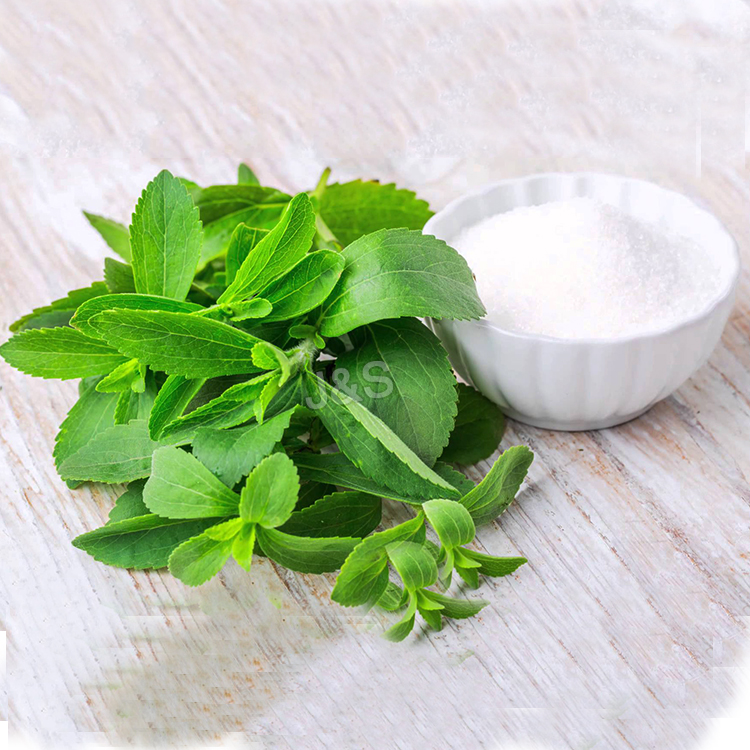factory Outlets for Red clover extract in Austria
factory Outlets for Red clover extract in Austria Detail:
[Latin Name] Trifolium pratensis L.
[Specification] Total isoflavones 20%; 40%; 60% HPLC
[Appearance] Brown to tan fine powder
Plant Part Used: Whole herb
[Particle size] 80Mesh
[Loss on drying] ≤5.0%
[Heavy Metal] ≤10PPM
[Storage] Store in cool & dry area, keep away from the direct light and heat.
[Shelf life] 24 Months
[Package] Packed in paper-drums and two plastic-bags inside.
[Net weight] 25kgs/drum
[What is Red Clober]
Red clover is a member of the legume family – the same class of plants where we find chickpeas and soybeans. Red clover extracts are used as dietary supplements for their high content of isoflavone compounds – which possess weak estrogenic activity and have been associated with a variety of health benefits during menopause (reduction of hot flashes, promotion of heart health and maintenance of bone density).
[Function]
1. Red Clover Extract can Improving health, anti-spasm, known for healing properties.
2. Red Clover Extract can Treating the skin diseases (such as eczema, burns, ulcers, psoriasis),
3. Red Clover Extract can Treating respiratory discomfort (such as asthma, bronchitis, intermittent cough)
4. Red Clover Extract can Owning anti-cancer activity and prevention of prostate disease.
5. Red Clover Extract can Most valuable of its estrogen-like effect and alleviate breast pain suffering.
6. Red Clover Extract can Contained red clover isoflavones plays in a weak estrogen, estrogen reduces the number and thusalleviate the suffering.
7. Red Clover Extract can Maintaining bone mineral density in postmenopausal women
8. Red Clover Extract can Raising high density lipoprotein cholesterol.
Product detail pictures:

Related Product Guide:
We pursue the administration tenet of "Quality is superior, Services is supreme, Standing is first", and will sincerely create and share success with all customers for factory Outlets for Red clover extract in Austria , The product will supply to all over the world, such as: Guatemala, Jamaica, Mongolia, "Make the women more attractive "is our sales philosophy. "Being customers' trusted and preferred brand supplier" is the goal of our company. We've been strict with every part of our work. We sincerely welcome friends to negotiate business and start cooperation. We hope to join hands with friends in different industries to create a brilliant future.
CLEAR AND SIMPLE- Understand the similarities and differences between prokaryotic and eukaryotic cells. Find more free tutorials, videos and readings for the science classroom at ricochetscience.com
Erectophil RX Tablets improves blood circulation in penis tissues and modulates macular neuromuscular and central nervous system functions keys for proper erectile and prostate health based on Taseer Laboratories. Medicines theory with our system you will experience dramatic penis size gains, increased sexual stamina, mind blowing sex, long lasting erection and you will have confidence. Erectophil RX Aids Continued Erection And Greatly Improve Your Sex Life
During an erection the penis has 3 pockets which fill with blood. These blood vessels become swollen with blood during sexual arousal. On either side o the penis the copra cavernous has two spongy bodies of erectile tissues.
Erectophil RX Tablets improve the blood flow to the penis causing it to become stronger and harder during erection.The unique formulation contains safe, natural ingredients which are known to increase sexual desire, sexual stamina and self confidence by increasing peripheral blood flow resulting in longer, thicker, firmer and more sexual erection, because the ingredients in Erectophil RX are of the highest quality and verified or purity, their potency is much more effective, stable, predictable and efficient.Erectophil RX is natural cure for impotence.
Wide range, good quality, reasonable prices and good service, advanced equipment, excellent talents and continuously strengthened technology forces,a nice business partner.





